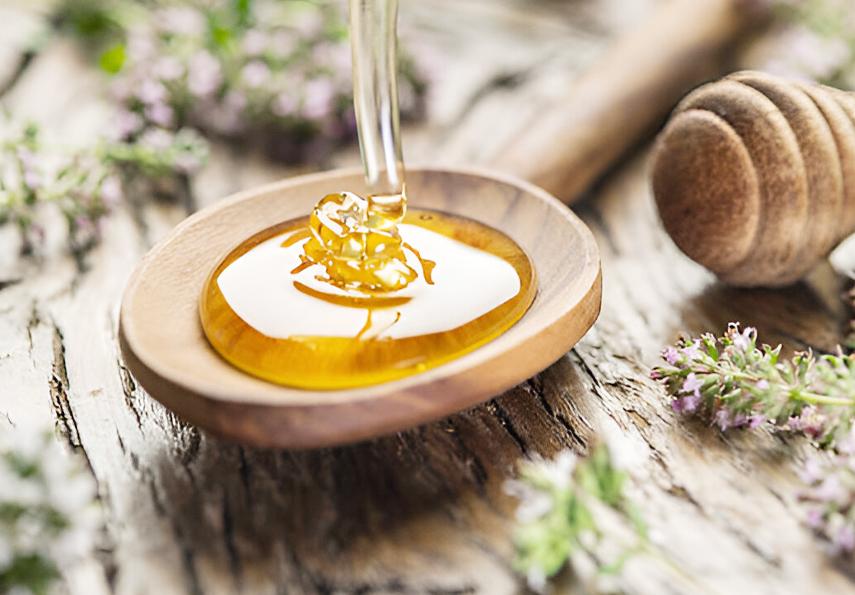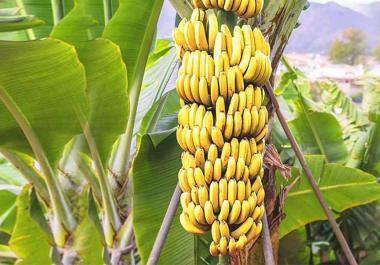
Harvest Time
6 months
Honey Export
ROI
2.00% - 5.00%
Cost Per Unit
৳300.00 BDT
Invest End Date
23 May, 2025
Project Overview
1)Since this is a Murabaha contract involving buying and selling or exporting abroad, there is no provision for investors to exit in case of emergencies. This is because we will purchase the products and export them abroad, thus we cannot return your investment before the project closure.
2) Duration of Investment
The total investment amount will be - 73,44,000
This investment will be for 3 Months.
3) Projected ROI(Return of Investment)
The return on investment (ROI) will be 36% annually. In three (3) months, the investor will receive a halal dividend of 9% (excluding service charges).
4) Investment Part
Here, the minimum investment would be 20,900 TK, or investors can invest up to the project limit. Halal dividends will be disbursed every three months.
For example, if someone invests 100,000 TK (one lakh taka), they will receive 136,000 TK, excluding service charges (100,000 TK as the investment part and 36,000 TK as the profit part in a year).
5) Loss Sharing
Grow Up is a Shariah-compliant project, and according to the Murabaha Principle, investors bear no responsibility for any business losses after transferring the liability to the Grow Up authority. Any losses incurred after handing over the product to the agent/merchant are not shared with the investors. Therefore, there will be no loss sharing from the business after the handover of the product to the merchant.
6) Service Charge
Grow Up will apply a 5% service charge on investors' profit. It should be noted that all of the mentioned ROI above are provided after excluding this service charge.
7) Contract Conditions
- Investors will enter into a Murabaha Agreement with Grow Up Authority concerning buying and selling or exporting abroad.
- The process will involve a "buy-and-sell or export to abroad" arrangement, where investors will initially purchase products (such as Khalisha Honey) through Grow Up and subsequently export or sell the product through Grow Up as well.
- Grow Up will serve as an agent for the investors, procuring the products, assuming ownership and the associated risks of asset possession on their behalf, and then proceeding to sell or export them abroad.
8) Risk Factor
According to our calculations, although the risk factor stands at 3%, the Grow Up highly expert team is confident in their ability to mitigate and manage these risks effectively, as outlined previously.
9) Payment Delay
Grow Up has conducted an in-house analysis of the projected returns of the business and expects to be able to repay on time, barring any unforeseen risk factors.
10) Security
Grow Up provides the following documents to investors:
- Contract Deed (300 tk Stamp)
- Security cheque
- Money Receipt
- Guarantor
- Copy of Authorized deed
Project About
Honey export is a significant agricultural endeavor that has gained momentum globally due to the increasing demand for natural, organic sweeteners. Honey is not only prized for its unique flavors but also for its health benefits, making it a popular choice among consumers who seek alternatives to refined sugars. Countries rich in flora biodiversity, such as those in the Americas, Europe, and parts of Asia and Africa, are well-positioned to engage in honey production and export.
Importance of Honey
Honey is a natural product produced by bees from the nectar of flowers. Its unique properties—being a natural preservative with antimicrobial characteristics—have made it a staple in traditional medicine for centuries. Rich in antioxidants, vitamins, and minerals, honey is known to boost energy, improve digestion, and enhance overall wellness. These attributes have fueled the demand for high-quality honey, particularly organic and raw varieties that are free from additives and chemicals.
Honey Production
The honey export process begins with beekeeping, or apiculture, where beekeepers cultivate and maintain bee colonies. Sustainable practices are crucial to ensure healthy bee populations and the production of quality honey. Beekeepers must monitor the health of their hives, manage pests and diseases, and ensure that bees have access to diverse floral sources for nectar collection.
Once honey is harvested, it undergoes processing. This typically includes filtering to remove impurities, bottling, and labeling. For export, honey must meet international food safety standards. Certification of organic honey, in particular, requires adherence to strict regulations regarding pesticide use and honey processing methods.
Global Markets and Export Regulations
The global honey market is robust, with the demand for honey significantly increasing in regions such as North America, Europe, and Asia. The health food and organic product segments are driving this growth, as consumers are becoming increasingly health-conscious. Countries like the United States, Germany, and the United Kingdom are some of the largest importers of honey, thus providing opportunities for exporting nations.
However, honey exporters face various challenges, including navigating complex regulations and standards set by importing countries. It is essential to comply with labeling laws, quality assurance processes, and import tariffs. Establishing reliable supply chains and building relationships with buyers in foreign markets can also be beneficial.
Marketing and Selling Honey
Effectively marketing honey is crucial for successful exports. Producers should highlight the unique characteristics of their honey, such as its floral source, geographic origin, and any health benefits. Utilizing branding, storytelling, and digital marketing strategies can also help attract consumers. Participating in trade shows and international food exhibitions provides opportunities to connect with potential buyers and distributors.
Furthermore, the rise of e-commerce presents additional avenues for selling honey internationally. Direct-to-consumer sales through online platforms can reduce intermediaries, allowing producers to reach global markets more effectively.
In summary, honey export offers a lucrative opportunity for producers, especially those who focus on high-quality, sustainably sourced products. With the right practices and marketing strategies, beekeepers and honey processors can navigate the global market and tap into the growing demand for this natural sweetener.





